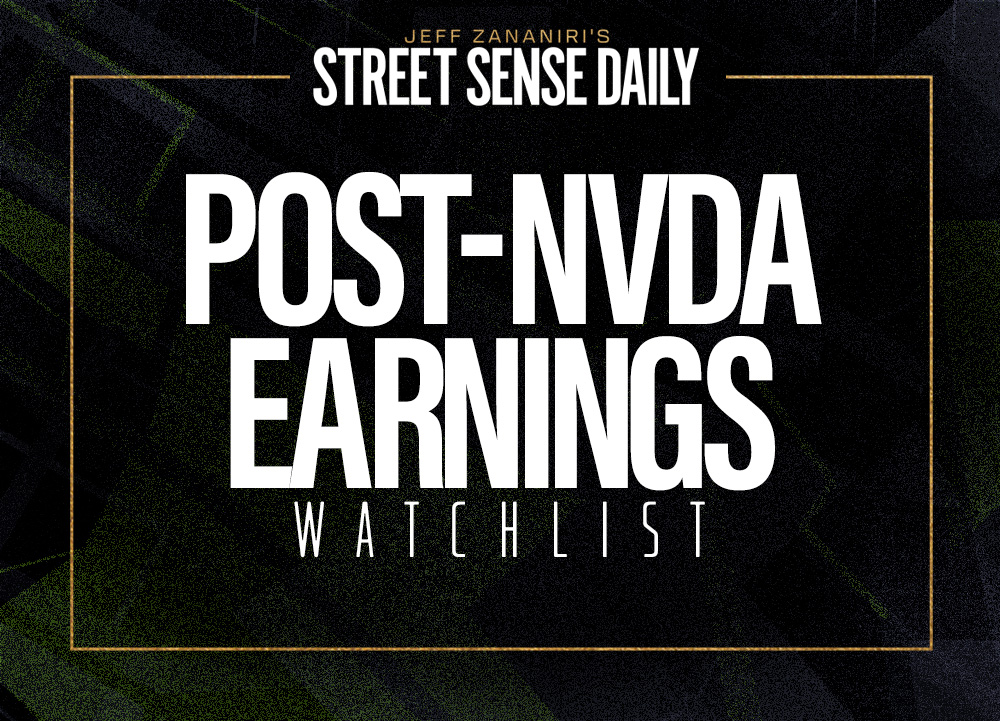Good morning, traders.
Let me shoot it straight …
After two decades on Wall Street, sitting across the table from market killers and wide-eyed rookies alike, I started spotting clear patterns.
There are a few core habits — the kind you can control — that draw the line between traders who last … and traders who disappear.
The best part?
None of them require a Ph.D. or a million-dollar account.
You just need the right mindset and a willingness to stop bullsh*tting yourself.
1. Think for Yourself (No One’s Coming to Save You)
If you’re still blindly copying alerts or jumping into every trade you see on social media … yeah, that’s gotta stop.
Great traders don’t follow the herd.
They know how they trade — and they stick to it.
You’ve got to figure out what kind of trader you are. And no, that doesn’t mean slapping on a random label like, “I’m a swing trader.”
I’m talking about the real stuff:
- Can you sit on your hands and wait for clean setups, or do you get itchy after 10 minutes?
- Are you the type who’ll book profits quick — or hold for the big win?
- Can you stomach a 30% drawdown in your options play without panicking?
- Would you rather become an expert in one sector — or scan everything that moves?
Don’t skip this part. Most of the pain traders feel comes from fighting their own instincts.
I learned this the hard way. But I can help you learn the ropes much easier.
Back in the early days, I realized I didn’t have the patience (or interest) to be a buy-and-hold guy.
I wasn’t here to fall in love with company fundamentals.
I was here to play short-term momentum and macro trends.
Once I leaned into that, everything clicked.
Trade accordingly.
2. Quit Strategy-Hopping (Pick a Lane and Master It)
If you’re switching strategies every other week, I hate to break it to you — you’re not trading, you’re guessing.
One week you’re chasing breakouts.
The next you’re shorting fading runners.
A week later, you’re trying butterfly spreads on semiconductors because some YouTuber said so.
That’s not how pros operate.
Pick a strategy. Study it. Stress test it. Trade it with discipline.
You’ll learn more from putting 100 reps into one strategy than flipping through five new ones you barely understand.
When you really know your game plan, everything gets easier:
- You pass on random trades that don’t fit your system.
- You stop wondering what other traders are doing.
- You execute cleanly and keep your emotions in check.
Consistency in execution leads to consistency in results.
Stick to what works.
That’s how you get paid.
3. Stop Swinging for the Fences on Every Options Trade
Let’s talk options.
Too many traders pick strike prices like they’re trying to win the lottery.
Yeah, that 400% return on a deep OTM call looks sexy … until the stock barely moves and your contract gets smoked by theta.
We don’t chase miracles — we build probability.
Here’s my rule of thumb:
I like strikes that are 1%–3% out of the money with a delta between .35 and .50.
That gives me room for solid gains and a reasonable chance of the stock hitting my target.
No hopium needed.
Going way OTM might look cheaper, but it’s a fast way to light cash on fire if the trade doesn’t move immediately in your favor.
Keep your strike selection realistic.
You’re not here to hit home runs every time — you’re here to stay alive and stack wins.
You Do You
Listen, I’ve seen guys who barely scraped through high school turn into seven-figure traders.
So, don’t sit there thinking you’re not cut out for this.
If you build self-awareness, stay focused on a strategy that actually fits you, and stop overreaching for wild trades — you’ll already be ahead of 90% of the market.
No fluff. No secrets. Just real execution.
You’ve got this. Now go get it.
— Jeff Zananiri
Want to trade like a pro?
This Tuesday at 10 a.m., Aaron Hunziker is showing how he locks in fast overnight wins — even in choppy, unpredictable markets.
If you want to learn how to spot explosive moves before they take off, this is the session you need to see.
👉 Reserve your spot now — seats are limited.
*Past performance does not indicate future results.



